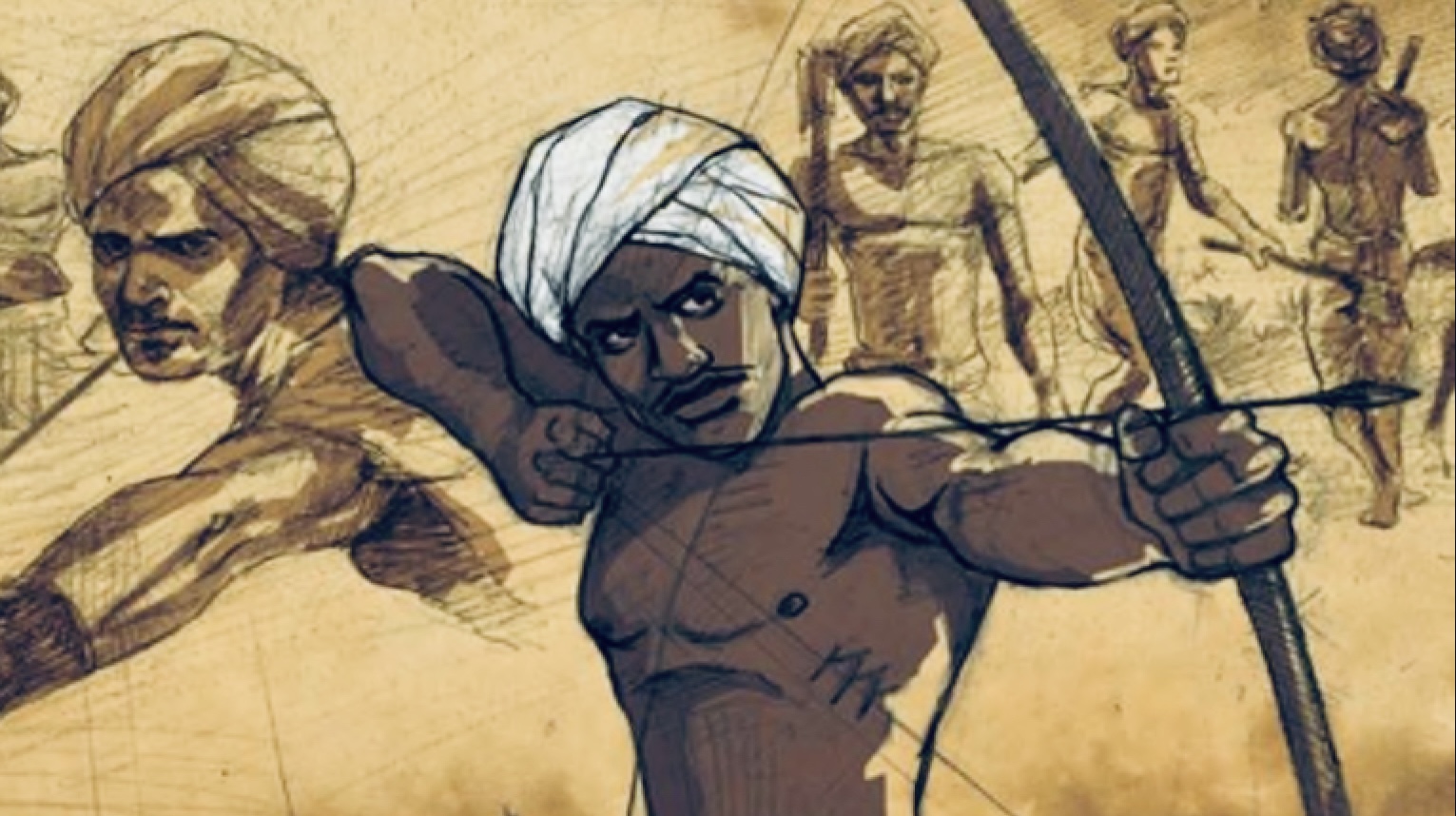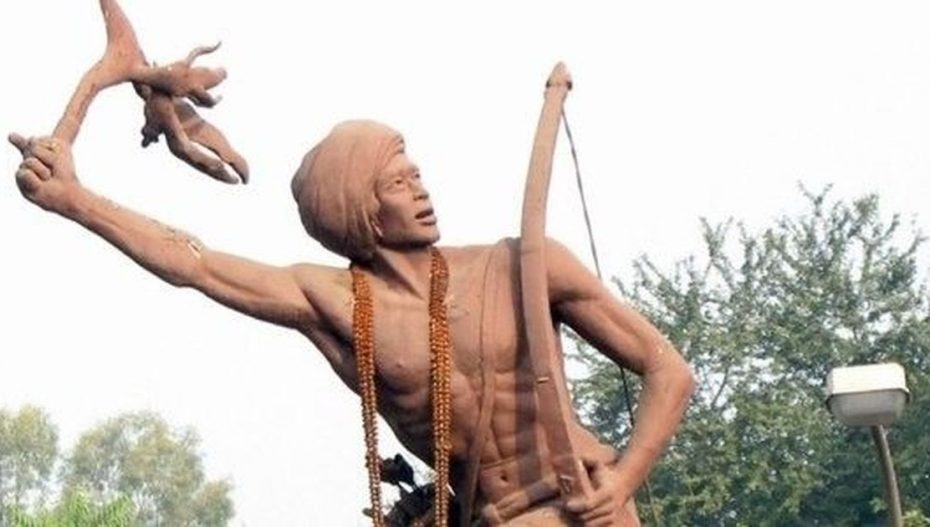Birsa Munda was a young freedom fighter and a leader who created a stir during the British raj in India. His activism in the 19th century and mobilisation of communities against the British rule is a voice reckoned with even today. Born on November 15,1875, Birsa Munda is worshipped as a deity among the aborigine populace of the Indian subcontinent.
On August 9th as we celebrate World’s Indigenous People day, it is vital to recognise a spirit as strong as Birsa, who like most of his contemporary revolutionaries did not find a glorious place in the books of history.
Birsa spent most of his early childhood moving from one village to another with his parents. He belonged to the Munda tribe of Chhota Nagpur (present-day Chhatisgargh / Jharkhand). He received his early education at Salga under the guidance of his teacher Jaipal Nag and later on Nag’s recommendation converted to Christianity in order to join the German Mission School. But Birsa, after having spent only a few years he left the school.
His tryst with Christianity as a religion made him realise the religious politics played by British rule. He witnessed the efforts missionaries made to convert tribals into Christianity and understood the need and importance of an anti-government and anti-missionary program against British rule. He soon birthed a faith named ‘Birsait’, which believed in one God and asked the tribals to return to their original beliefs.
Members of Munda, Oraon and Kharias tribal communities joined the faith challenging and breaking British rules’ conversion activities.

This stirred a revolution and highlighted a Birsa’s name who fought for the rights and political upliftment of Indigenous individuals and later, also became the torchbearer of societal reforms and social justice for the Dalits and other marginalised sections of the society.
The young and focussed leader helped flag the ‘Adivasi freedom struggle of India. Under his aegis, the Adivasis fought for their land, self-respect and importantly for their survival. There always was, as part of the Indian conservational society, malpractices against the Adivasi communities. And on the arrival of the British, this discrimination and hatred only strengthened, which further pushed Birsa to raise a collective voice.
The British added fuel to the fire by legalising the zamindari system and neglecting the indigenous landowners or the aborigines. They also legalized the system and collectively damaged the social fabric of the society by exploiting the caste and Varna system. However, Birsa reinforced the collective strength of the ‘Munda Adivasi’ community against the violent and brutal vision of the British, its machinery and the zamindari system. Along with the idea of reform, he carried along the philosophy of religion to unite people and bring back the forgotten ‘Munda Raj’. Even by religion, Birsa never referred to the contemporary religious practices prevalent and observed in current India like Hinduism, Islam, Christianity, Jainism or Buddhism. Instead, the Munda community believed in the religion of worshipping nature and its natural forces, which was a symbolic form with the Munda Community.
Birsa was a visionary and based on his experiences and learnings were able to feel and understand the pain, biased behaviour and humiliation, people of his community faced day every day. He did not dream of only raising a voice against these atrocities and inhuman behavioural practices of the British Raj, he also dreamt of uprooting these rigid practices and customs completely to free the community from these harassment and exploitation meted out against them. All of this because his community had slowly started to forget its own rich culture and legacy.
Birsa Munda is not just a name that goes down in the pages of Indian history, as an individual who made the British bite dust, but he is also fondly remembered and celebrated as a powerful reformer who led massive efforts to demolish the zamindari system. His agitation and reform movements were so intense, which in reality led the British to introduce a new law titled, ‘Chhota Nagpur Tenacity Act’, which ensured the safety and protection of the land rights of the Munda community.
On March 3, 1900, Birsa was arrested by the British police. He sacrificed his life on June 9, 1990. He was only 25. Birsa ignited nationwide reforms, protests and movements. His sacrifices and reforms remain critical today, as we witness how the law is belittled to suit the Lords, letting the common man suffer.
When one goes through the books of history, very little can be found about Birsa Munda and the expanse of his reforms or the critical nature of his movement. But his efforts are not weighed any less by members of the tribal communities. The history and legacy of young Adivasi freedom fighter Birsa Munda continues to be celebrated over decades now and forever.












